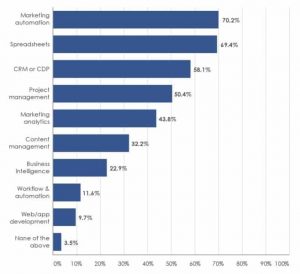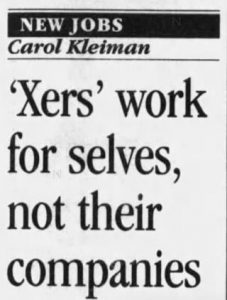Net Searcher Sentiment Replaces NPS With Unbiased Search Data

Analytics guru Isaac Gerber, director of commercial insights and analytics at Captify, believes he has developed an organic way to protect consumer privacy, yet analyze behavioral patterns, and it’s something the industry can adopt as a powerful metrics.
Gerber said it could become a standard for the industry because companies strive to score better in the hearts and minds of consumers.
“I’ve had a love-hate relationship with the net promotor score,” Gerber said. “When I worked on the client side of advertising, we had many programs to measure it. We referenced the score as the ‘company’s heartbeat.’”
Net promoter score (NPS) was created 20 years ago. It measures how consistently brands turn customers into advocates.
Frederick Reichheld, a Bain consultant, in 2003 published an article in the Harvard Business Review arguing that the best predictor of top-line growth is captured in one question: Would you recommend this company to a friend?
Many marketers love the concept, but hate the measurement. Today it is used to ask questions all types of questions.
And while the NPS has traditionally served as a standard metrics for many research organizations, Gerber argues the results run the risk of non-participation bias and don’t often offer a complete view of consumer behavior.
Gerber’s solution, net searcher sentiment (NSS), supported by search data, replaces the reliance on NPS for survey data with aggregated and anonymized search data, providing a more organic look into consumer behavior instead of how people respond to a survey at a point in time.
The search data helps to verify what people actually did or plan to do, rather than what they remembered.
Gerber took search data and constructed a new metric that takes the queries that people performed and determines the positive or negative behavior to recreate the NPS using unbiased search history.
“We have begun using it to determine the overall brand health for clients,” he said, adding that the company uses software from Databricks to store and analyze the data.
Gerber’s paper that contains the metric, published in the journal Applied Marketing Analytics, explores the creation of the new metric — NSS — that replaces NPS and its reliance on survey data with aggregated search data.
Captify conducts the analysis in its data platform Databricks. Gerber details the shortcomings of NPS, introduces how his NSS score uses search data, and although he acknowledges that the scoring is not perfect, says it creates a positive building block into the future.
(6)
Report Post







